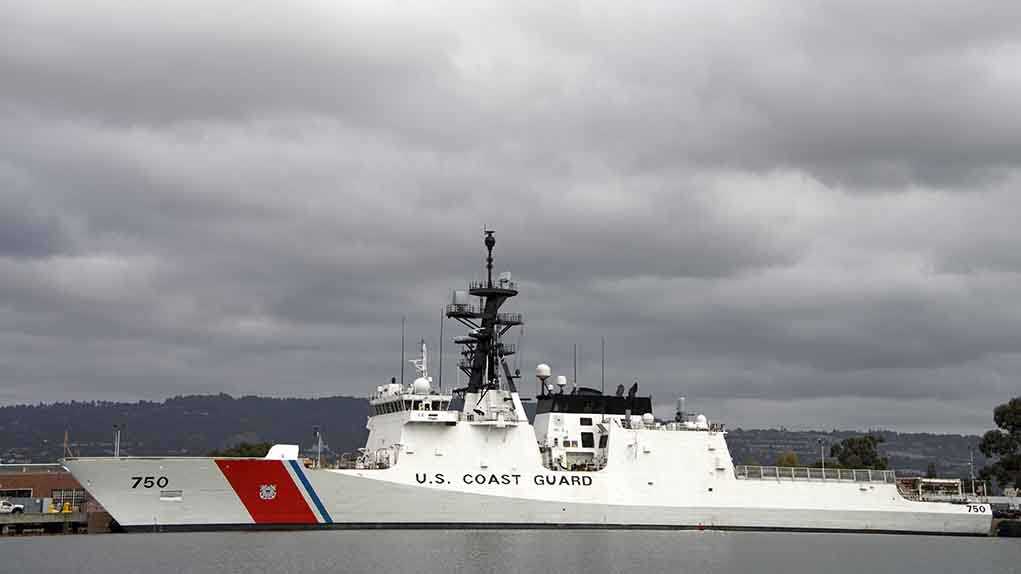
One Coast Guard rescue swimmer—on his very first mission—waded into the Texas floodwaters and did what government bureaucracy can never seem to do: actually save lives, not just talk about it.
At a Glance
- U.S. Coast Guard swimmer Scott Ruskan rescued at least 165 people, mostly children, from Camp Mystic during catastrophic Texas floods.
- The tragic event left 27 dead, exposing the limits of local emergency response and the need for real heroes, not just government committees.
- This unprecedented operation saw a single first responder making split-second decisions while coordinating with military helicopter crews.
- Ruskan, hailed as a hero, humbly insists he just did his job—meanwhile, families demand answers about preparedness and government response.
Floodwaters Expose the Limits of Government—and the Power of Real Heroes
As floodwaters swallowed the Guadalupe River valley in early July, the nation watched another American institution—this time, a century-old girls’ summer camp—get caught in the crosshairs of nature and government inefficiency. Camp Mystic, a Texas tradition, became ground zero for a disaster that overwhelmed local authorities, leaving families to rely not on endless task forces or new federal guidelines, but on the courage of a single Coast Guard swimmer who did more in a day than most government agencies do in a year. The disaster claimed 27 lives, a grim reminder that when seconds count, bureaucracy is often nowhere to be found.
Hundreds of campers and staff were trapped as the water rose. Local rescue teams, outnumbered and outgunned by the sheer scale of the flood, called in the big guns—the U.S. Coast Guard and Army National Guard. But here’s the kicker: with roads turned to rivers and the clock ticking, only one rescue swimmer, fresh out of training, could even reach the stranded camp. The rest were left to wait—wait for resources, wait for orders, wait for the slow gears of government “cooperation” to grind into action. Scott Ruskan didn’t wait. He swam, he triaged, he comforted terrified children and shell-shocked counselors, and he did it all with a sense of duty that would make the Founders proud.
When the River Rises, Bureaucracy Sinks
Ruskan’s actions are already being called legendary—a word that ought to mean something, especially in a country where “heroism” gets tossed around for everything from tweeting hashtags to attending committee hearings. Here’s a man who, on his first-ever rescue mission, found himself the sole first responder on the ground at Camp Mystic. He established helicopter landing zones, coordinated with Army pilots, and made gut-wrenching triage decisions. The operation evacuated more than 165 people, most of them children. Meanwhile, the government agencies tasked with keeping us safe were, predictably, playing catch-up. It’s a scene we’ve watched unfold a thousand times, and still, politicians have the gall to tell us that the solution is more “investment” and “oversight.”
While survivors were ferried to safety, families and local officials demanded answers. Why was a century-old camp left with so little warning? What happened to all that “preparedness funding” that gets voted through Congress every year? Why was one rescue swimmer—one!—the only line of defense when disaster struck? Perhaps because, when the chips are down, it’s always individuals who step up while the bureaucracy points fingers and drafts new memos. Ruskan downplayed his own heroism, insisting that “any Coast Guard member would have done the same.” Maybe so, but one thing’s for sure: not a single bureaucrat was caught risking their life in those floodwaters.
Aftermath: Trauma, Loss, and Calls for Accountability
The rescue operation has been rightly described as unprecedented, not just for the sheer number of lives saved but for the tragic loss of 27 campers and counselors—a toll that will haunt the Camp Mystic community for years. Survivors have been relocated, and trauma teams are working overtime. Meanwhile, families are left holding the bag, demanding to know why their children were ever put in such danger in the first place. The calls for new policies and better infrastructure are already echoing through the halls of state and federal government, and you can bet there will be plenty of “task forces” and “investigative panels” convened to study what went wrong. But if history is any guide, the only thing that will actually change is the size of the next emergency spending bill.
The lesson here is as old as the Republic: when disaster strikes, don’t count on the government to save you. Count on the men and women who still believe in duty, honor, and country. Count on the Scott Ruskans of the world, not the politicians who only show up for the photo op. As the bureaucrats bicker and the media moves on to the next outrage, let’s remember who really stood between those kids and the floodwaters—and let’s ask why, in the greatest country on earth, we still have to rely on individual heroism to make up for government failure.
















